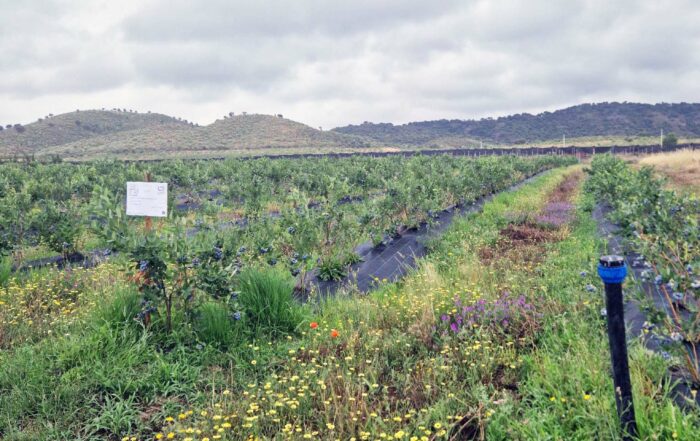Corporate Social Responsibility (CSR) and the Sustainable Development Goals (SDGs) are two different but related concepts. CSR refers to the responsibility of companies to operate in an ethical and sustainable manner, taking into account the social and environmental impact of their operations. The SDGs are a set of global goals adopted by the United Nations to end poverty, protect the planet and ensure that all people enjoy peace and prosperity by 2030.
Although CSR and the SDGs have similar objectives in terms of sustainability and social responsibility, they are different concepts. CSR focuses on a company’s ethical and sustainable business practices, while the SDGs focus on broader global goals for sustainable development. However, CSR can be an important way that companies contribute to the SDGs by adopting sustainable and responsible business practices.
Some ways retailers can contribute to the SDGs include:
• Promote sustainable and responsible business practices.
• Reduce the environmental impact of your operations.
• Promote fair and equitable labor practices.
• Support local communities.
The 2030 Agenda for Sustainable Development is a roadmap towards a new development paradigm in which people, the planet, prosperity, peace and alliances take a central role.
The Sustainable Development Goals (SDGs), also known as the Global Goals, are a universal call to end poverty, protect the planet and ensure that all people enjoy peace and prosperity by 2030.
The community can play an important role in promoting sustainable and regenerative agricultural systems through education and promotion of sustainable agricultural practices.
Human well-being can be improved through agricultural practices that promote healthy and sustainable food production.
Animal welfare can be improved through agricultural practices such as proper rotation of livestock on pasture and promoting a healthy environment for animals.
The resilience of the agricultural system can be increased through agricultural practices such as intercropping, the use of organic fertilizers and biological pest control.
The environmental impact can be reduced through agricultural practices such as the use of organic fertilizers, intercropping and biological pest control.
The taste and nutritional quality of foods can be improved through agricultural practices such as the use of organic fertilizers and biological pest control.
Crop yields can be improved through agricultural practices such as the use of organic fertilizers and biological pest control.
The use of chemical fertilizers can be reduced through agricultural practices such as the use of organic fertilizers and intercropping.
Water quality can be improved through agricultural practices such as the use of organic fertilizers and biological pest control.
The use of pesticides and herbicides can be reduced through agricultural practices such as biological pest control and intercropping.
Biodiversity can be increased through agricultural practices such as intercropping, the use of organic fertilizers and biological pest control.
Soil erosion can be reduced through agricultural practices such as intercropping, the use of organic fertilizers and biological pest control..
Soil health can be improved with agricultural practices such as the use of organic fertilizers, intercropping and biological pest control.
You can implement regenerative agriculture practices in your garden by using techniques such as crop rotation, the use of organic fertilizers, and biological pest control.
The benefits of regenerative agriculture include improving soil health, increasing biodiversity, reducing the environmental impact of agricultural activity, increasing crop yields, and improving animal and human well-being.
The principles of regenerative agriculture include promoting biodiversity, using sustainable and regenerative agricultural practices, improving soil health, and reducing the environmental impact of agricultural activity.
Regenerative agriculture is an agricultural approach that focuses on creating sustainable and regenerative agricultural systems that promote biodiversity and the restoration of healthy ecosystems.
Organic farming and regenerative farming share some principles and practices, but regenerative farming focuses on creating sustainable and regenerative agricultural systems that promote biodiversity and restoring healthy ecosystems, while organic farming focuses on the production of foods without the use of synthetic chemicals. Although organic farming refers to a broader term, which includes different types of agriculture that, such as regenerative agriculture, minimize the impact of agricultural activity on the land.
Regenerative agriculture focuses on soil health and biodiversity. Some of the crops recommended for regenerative agriculture are fruit and citrus trees. Additionally, crop rotation is a common practice in regenerative agriculture and can help improve soil health.
Some regenerative agriculture practices that you can implement on your farm are: covering the soil with plant material to protect it and maintain life within it, rotating crops to improve soil health and reduce erosion, using organic fertilizers to improve fertility of the soil and reduce dependence on chemical fertilizers, promote biodiversity through the introduction of natural solutions. Additionally, you can also plant cover crops year-round to prevent bare soil and mitigate erosion.






